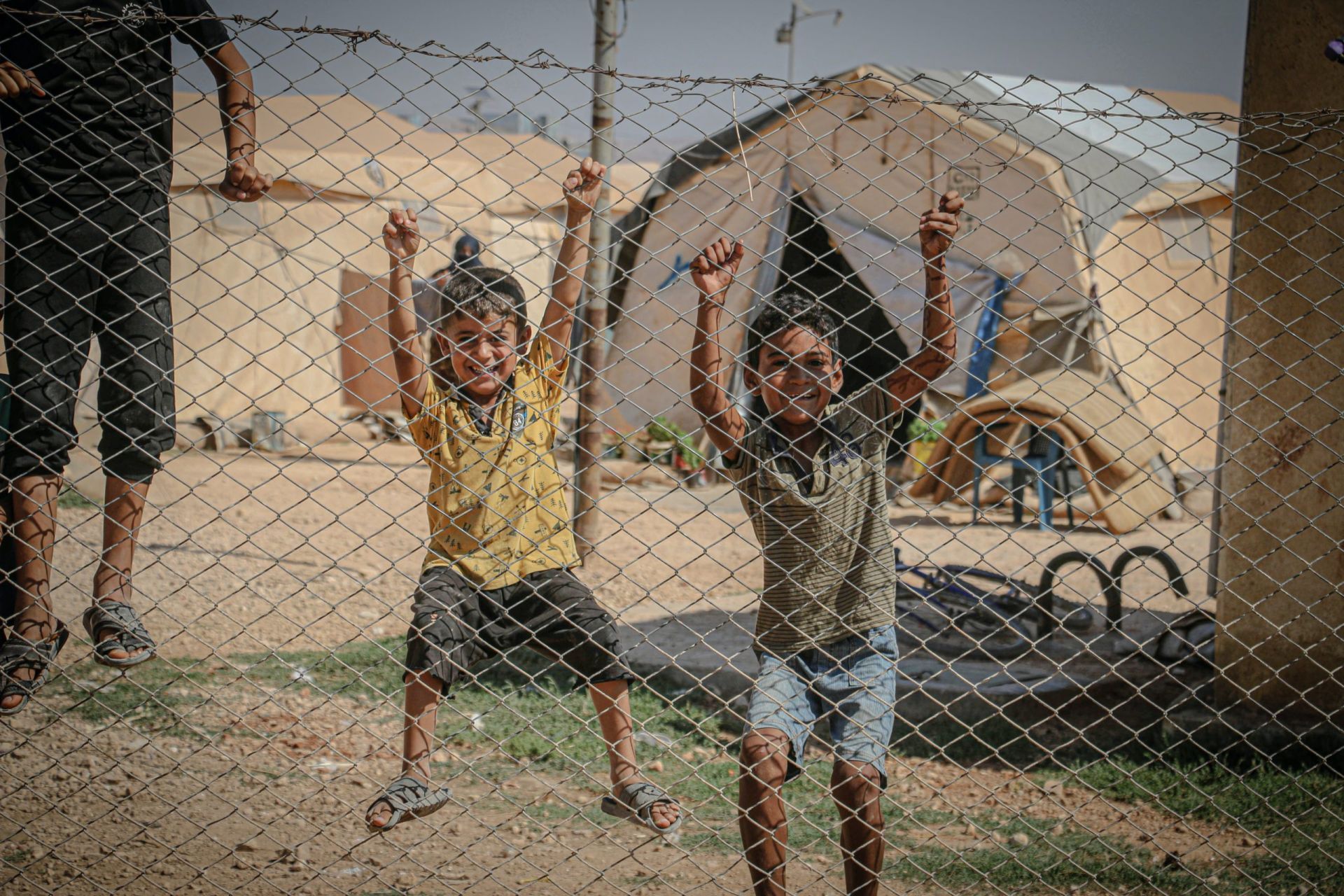Articles
A world in conflict and its consequences: the escalation of refugees
13 November, 2023

By Belén González de la Parra from DEFOIN
“Everyone has the right to life, liberty and security of person”. Article 3 of the Universal Declaration of Human Rights (United Nations, 2023).
Despite the establishment of the Universal Declaration of Human Rights by the United Nations General Assembly in Paris on the 10th of December 1948, in 2023 many of its articles are still being ignored in some regions.
As reported by UNHCR (2023), by the end of September 2023 the number of refugees worldwide exceeded 114 million. The reason for these refugee numbers cannot be attributed to a single conflict, but to multiple violent situations and catastrophes occurring simultaneously in different areas and continents. In the first six months of 2023 we can highlight, for example, the war in Ukraine; the conflicts in Sudan, the Democratic Republic of Congo and Myanmar; the natural disasters in Somalia; and the humanitarian crisis in Afghanistan.
Currently these already high numbers are being further increased by the humanitarian catastrophe occurring since the beginning of October in Gaza where, according to the report developed by UNRWA including data up to 29th October 2023, more than 1.4 million people have been internally displaced and about 671,000 are refugees in 150 UNRWA facilities (UNRWA Spain, 2023).
This massive refugee crisis is also marked by the response of other countries to it. According to the UNHCR’s Semiannual Trends Report, low- and middle-income countries are the most diligent in hosting refugees, taking in 75% of all refugees globally. Even the least developed countries gave asylum to 20% of these (UNHCR, 2023). However, this is not enough, with too many people still living in precarious and undignified situations, having to leave their homes, families, dreams and hopes for a future in their country of origin behind them. It is therefore necessary that all communities, not just a few, take charge of this situation and begin to act accordingly.
The See Me, Hear Me project seeks to capture the stories of these refugees and give them a voice in the host community, providing them with a safe space for communication and expression. Promoting the inclusion and integration of refugees in the host society is, now more than ever, an essential task that needs to be carried out in all countries.
References
- United Nations. (Consulted on 31 october 2023). Universal Declaration of Human Rights. Available at: https://www.un.org/es/about-us/universal-declaration-of-human-rightsUNHCR. (2023).
- MID-YEAR TRENDS 2023. Available at: https://www.unhcr.org/sites/default/files/2023-10/Mid-year-trends-2023.pdf UNHCR. (25 october 2023).
- UNHCR: Forced displacement continues to grow as conflicts escalate. Available at: https://www.unhcr.org/news/unhcr-forced-displacement-continues-grow-conflicts-escalate UNRWA Spain. (31 october 2023).
- INFORME ACTUALIZADO DE LA SITUACIÓN EN GAZA, 29 DE OCTUBRE DE 2023. Available at: https://unrwa.es/actualidad/noticias/informe-actualizado-de-la-situacion-en-gaza-29-de-octubre-de-2023/
